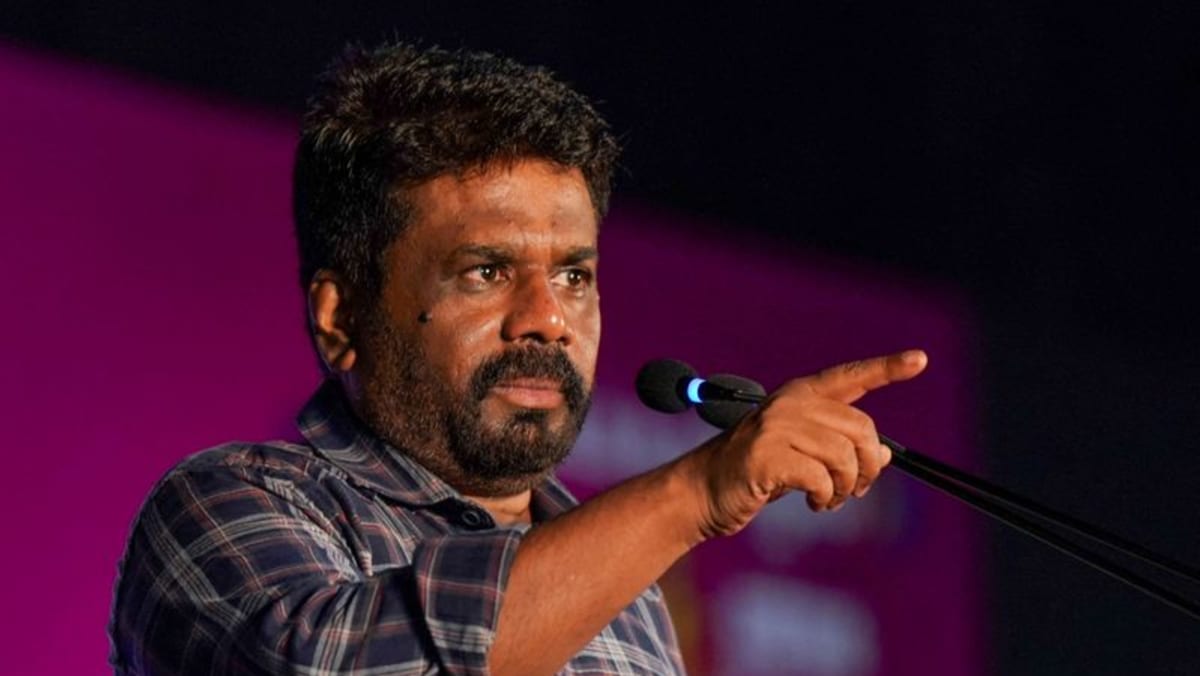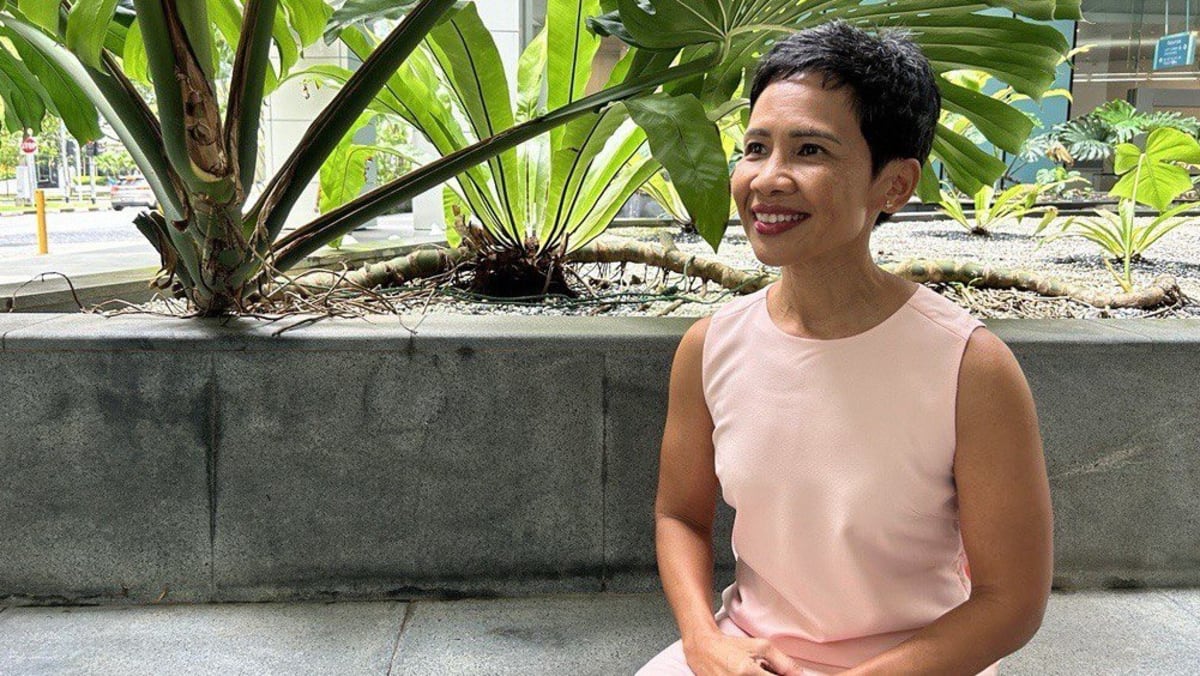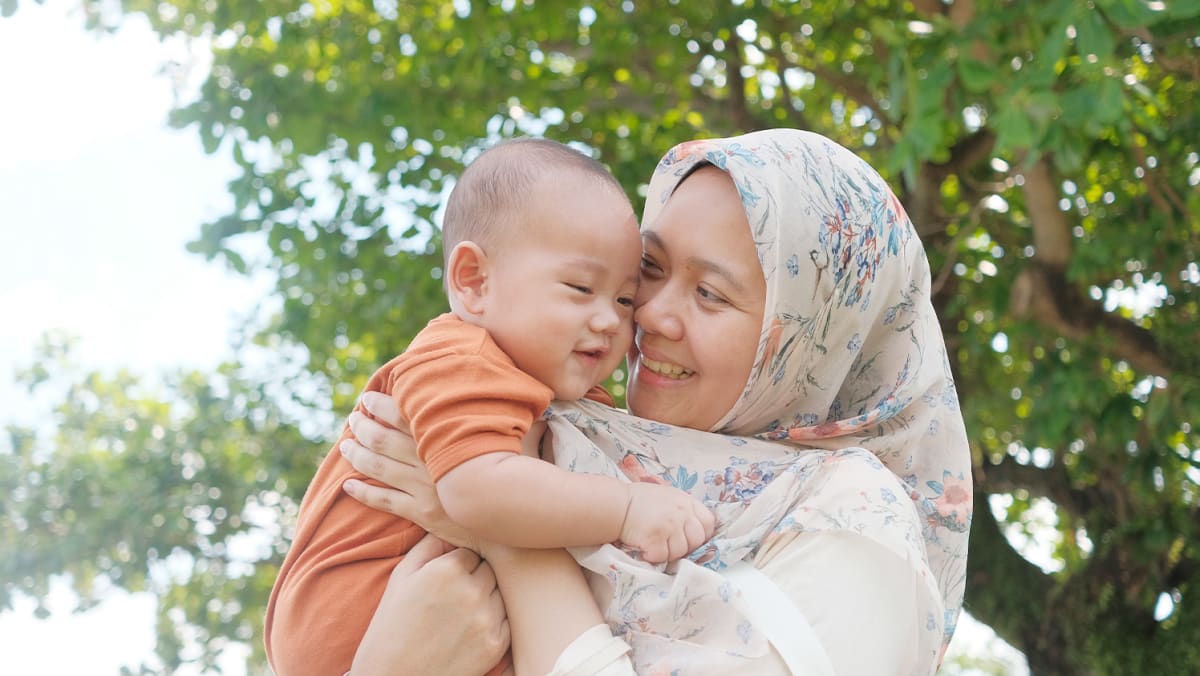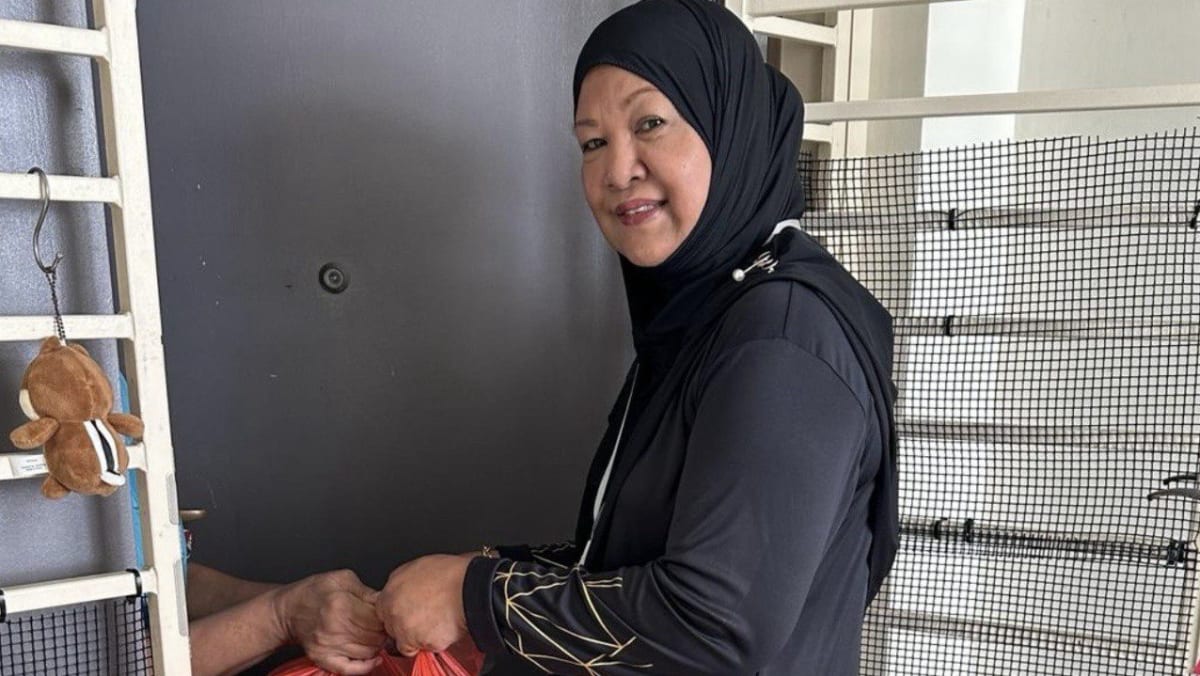There are currently 123,866 donors registered with the Bone Marrow Donor Programme (BMDP), as of June. Based on Singapore’s population size, the registry needs at least 350,000 donors to improve the probability of finding a local donor for a local patient.
Who can register: Singaporeans, permanent residents and long-stay foreigners aged 18 to 49 years old who are in good health. Individuals with coronary artery disease, thalassaemia major, stroke, Hepatitis B and HIV, are not eligible to donate.
How to become a donor: Register at the BMDP website. A swab kit and registration form will be mailed to you. Follow the instructions to complete the swab, fill up the form and mail the kit back to BMDP.
What happens after you register: It takes three to five months after submission to be added to the registry. During this period, eligibility checks are done and your swab is sent to the laboratory for tissue typing to determine your unique human leukocyte antigen (HLA) and blood group. HLA plays a crucial role in the body’s immune response and can vary from person to person.
When you may become a match: Once your name is in the registry, it will remain there until you age out at 60 years or become medically ineligible. Being matched to a patient may take a year, 10 years, or never at all.
Who you might be a match for: Likely someone of the same ethnic group as you. Donors are matched to patients based on HLA tissue type. You inherit HLA markers from your parents and through your ethnicity – so a patient’s best chance for a match is from a donor of the same ethnic background. However, the odds of local patients finding a local donor is less than half for every ethnic group – 40 per cent for Chinese, 20 per cent for Malays, and two per cent for Indians.
Currently, Malays make up eight per cent of donors in the registry, and Indians make up nine per cent, making it more challenging for Malay and Indian patients to find a match.
To find out more about the Bone Marrow Donor Programme, go to www.bmdp.org














